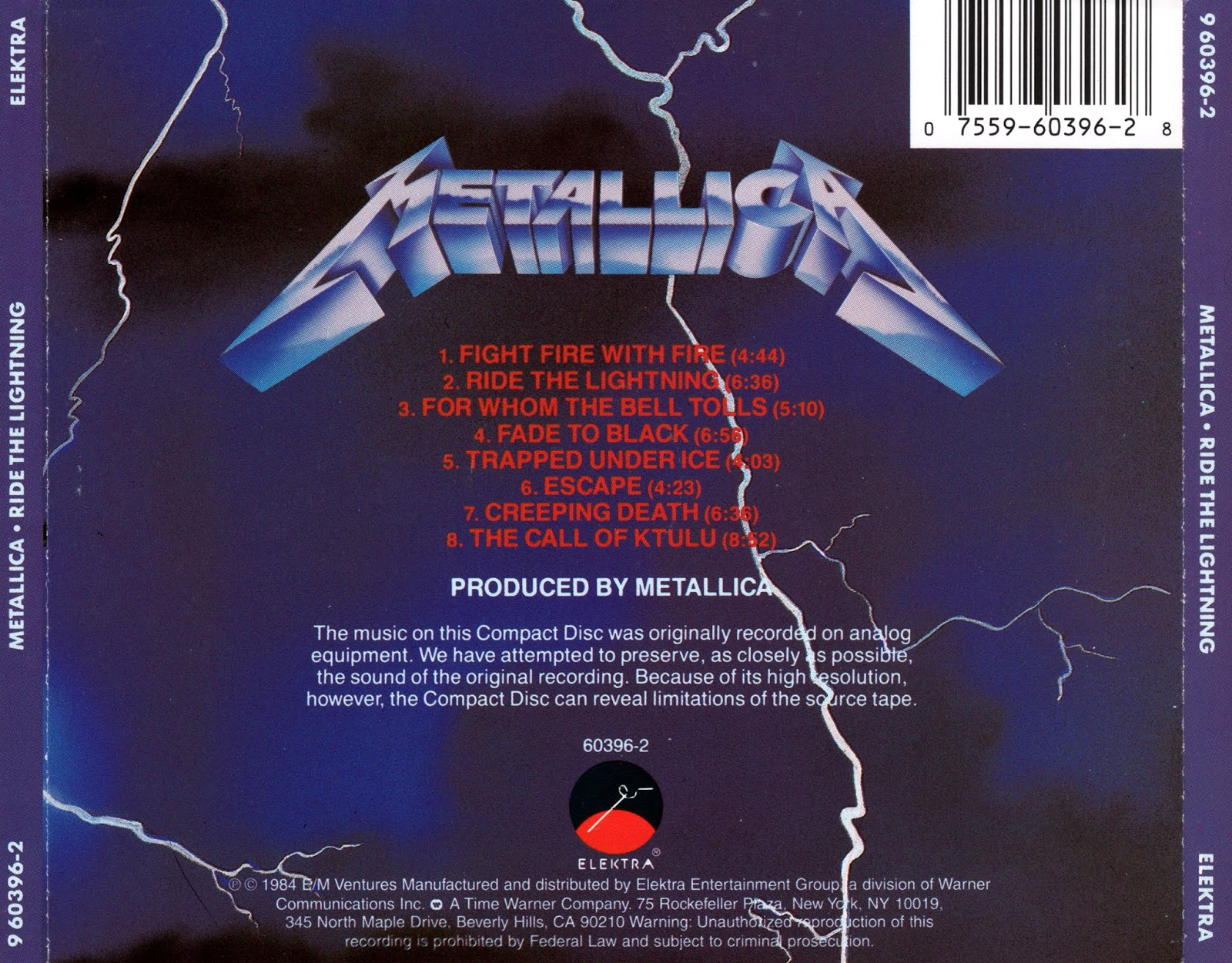

Feeling you could turn the energy and despair of those couple of years into something positive.” “It was also a way to feel as though we were communicating with each other, and staying in touch, and trying to find some light in the dark. “Recording gave us a purpose in lockdown,” says Lars. It’s become a cliché to talk about ‘lockdown albums’, but that’s exactly what 72 Seasons is – albeit the biggest lockdown album of them all, a potential full-stop on an era that’s hopefully vanishing in the rearview mirror.

But 72 Seasons was made against a testing backdrop, not least a global pandemic. This isn’t the first Metallica album to be recorded in dramatic circumstances – …And Justice For All, The Black Album and especially St. Lyrically, at least, it’s The Blacker Album: a 77-minute roar of torment, self-doubt, frustration, and, ultimately, hope. Instead, the 12-track album is a fearsome slab of metal that’s both modern and timeless. Contrary to expectations raised by Lux Æterna, not to mention frontman James Hetfield’s assertion that the album’s title is a reference to how the experiences of childhood shape adulthood, it’s no nostalgia trip. So maybe the success of keeping it a secret is some of the members not knowing.” “I didn’t even know that the song was coming out. “I started getting texts the next morning from friends: ‘Wow, the new song’s amazing, the video’s awesome,’” he says. Metallica’s bassist of 20 years admits he didn’t even know that Lux Æterna was dropping when it did. When Robert Trujillo calls a few days later, he’s in pretty much the same boat. “I don’t know what’s fucking up, down or sideways, to be honest with you,” he says breezily. This is only the second interview he’s done for the new album at this point, and he’s still getting his head around the idea of what he’s talking about. It’s a late February evening when Lars calls Metal Hammer. “We’re sitting around on Zoom calls going, ‘Uh, how do we do this, how do we do that?’ Metallica is just as gaffer-taped and jerry-rigged and clusterfucked as everything else.”
Metallica ride the lightning hq how to#
“We’re fumbling along trying to figure out how to do things the best we can, just like everybody else,” says Lars with a laugh. Except the Metallica machine maybe isn’t quite as gleaming or perfectly tuned as you’d imagine. The gleaming, perfectly tuned Metallica machine, which in the last couple of years has been idling in the background while the band themselves focused on writing, recording and generally dealing with a global pandemic, is roaring into life. Two more defiantly forward-facing singles have followed since then: the raging Screaming Suicide and the self-lacerating If Darkness Had A Son.

That it seemed to be a throwback to their debut album, Kill ’Em All, or even the earlier New Wave Of British Heavy Metal movement, only stacked things further in its favour (this is a comparison Lars has issues with, but more on that later). Lux Æterna was three-and-a-half minutes of joyous exhilaration, a world away from the knotty complexity of 2008’s Death Magnetic and the extended power-flex of 2016’s Hardwired… To Self-Destruct. As it turned out, that feedback was largely positive and rightly so.


 0 kommentar(er)
0 kommentar(er)
